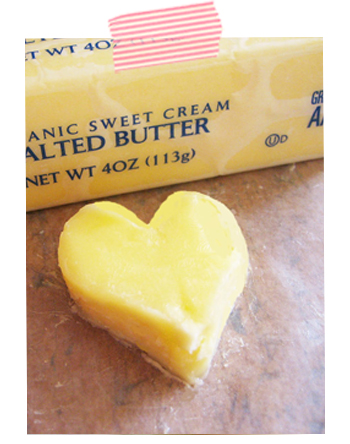American or English?

“You say tomaeto and I say tomahto”!
Yes, if you come from “across the pond”, you probably say things a little differently than the people here or, for that matter, if you come from “down south”, you will find that you sound different. Contrary to what a lot of people think, we ALL have accents. Just because we might sound the same as everyone else in our community does not mean that we do not have an accent. We most surely do! It’s just that it does not sound different in that part of the world!
We found a few words that are definitely different:
Herb (erb vs. her-b)
You know those plants you grow in your windowsill and add to your salads and breads? Americans ignore that first “h,” making the word sound like “erb,” while Brits most assuredly say “herb” with that “h” sound. The pronunciation affects spelling, as well. Americans might say they want to grow “an” herb garden, but the Brits enjoy “a” herb garden.
The Letter “Z” (zee vs. zed)
“A, B, C, D, E, F, G…W, X, Y, and Z.” It’s the song we all learned as children, and it ends in “zee” — unless you’re from any country that learned the Queen’s English. They all say “zed.” So, did Americans get it wrong when crossing the ocean? It seems so, especially considering the British adopted the letter from the Greek zeta, which adds that extra consonant sound.
Crayon (cran vs. cray-on )
What is that thing children color with that comes in a box of 8, 16, 24, or 96? It’s called a “cran” — unless you aren’t an American, and then it’s a “cray-on.” This one also has nuance across the U.S., with some regions following the rest of the world in their dual-syllable pronunciation.
Buoy (boo-ee vs. boy)
You might not care about the correct pronunciation if you ever find yourself lost at sea, but nonetheless there is a discrepancy over that floating marker in the water. Americans elongate the word with two syllables (boo-ee), while the British pronunciation is the short and sweet “boy.”
Foyer (foy-yer vs. foy-yay)
Here’s an example of French pronunciation gone wrong. If you’re lucky enough to have the space for a special entryway area, you might as well call it something fancy. But Americans have tarnished the pronunciation, calling it a “foy-yer” instead of the French “foy-yay.”
Mobile (mo-bul vs. mohb-ayl)
Ring! Ring! There goes your phone. If you’re in the U.S., you probably answer your cell. But if you’re anywhere else, it’s your mobile (pronounced “mohb-ayl”). When Americans describe something as “mobile,” they pronounce it “mo-bul.” Unless of course they’re referring to the Batmobile (or Oscar Mayer Wienermobile), which introduces yet another pronunciation, “mo-beel.”
Nadine (nay-deen vs. nuh-deen)
Now we get to the names portion of this list. Which is the correct pronunciation? Whichever one your mother gave you. But you can distinguish the choices across border lines. Most Americans pronounce this moniker “nay-deen.” If you’re a Nadine, don’t be offended if you hear another version on your travels.
Cecil (see-sil vs. seh-sil)
Another good old-fashioned name to add to the list. “See-sil” is definitely the more American way of pronouncing it, but “seh-sil” sounds way more posh. If you want to add a tweed coat and a monocle to your wardrobe, you can go with “seh-sil.”
There are many, many more words that, in some instances, to be sure, the listener cannot grasp what has been said because of the way it has been said.
Having grown up in England, I have found myself having to repeat words to people many times and end up spelling it. Most people find it all very amusing but there have been times when offence has been taken which is rather unfortunate! Certainly, NO offence was meant!
Onward we go with love as our communicator!








Comments are closed.